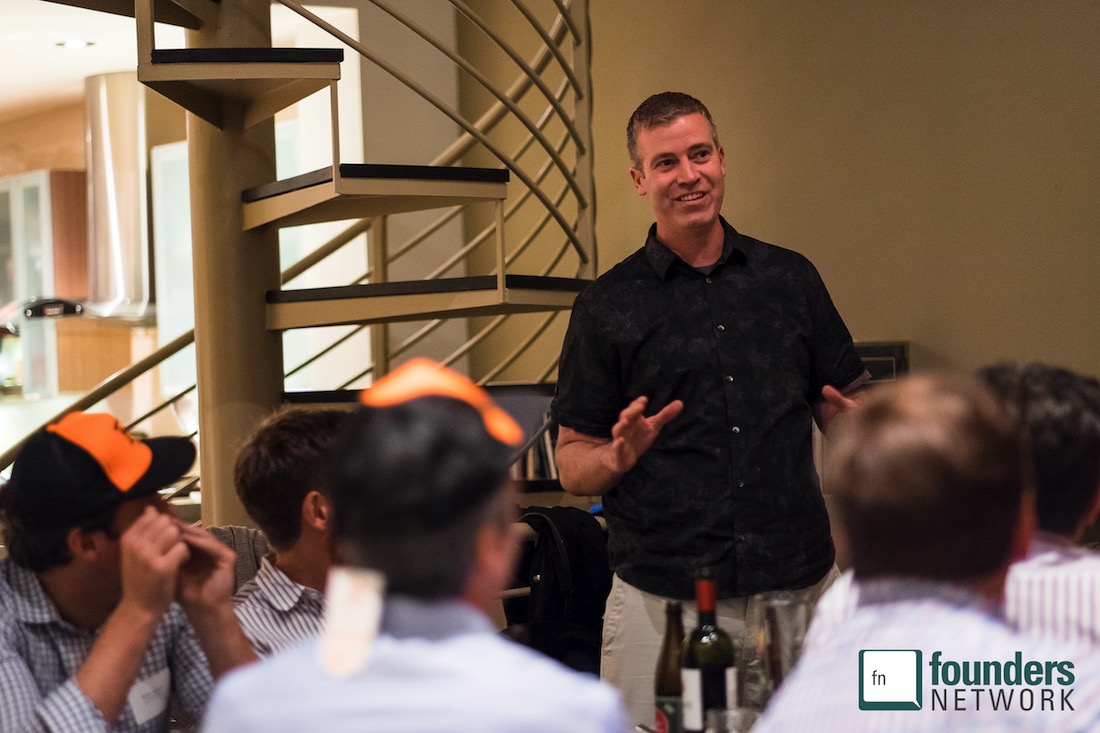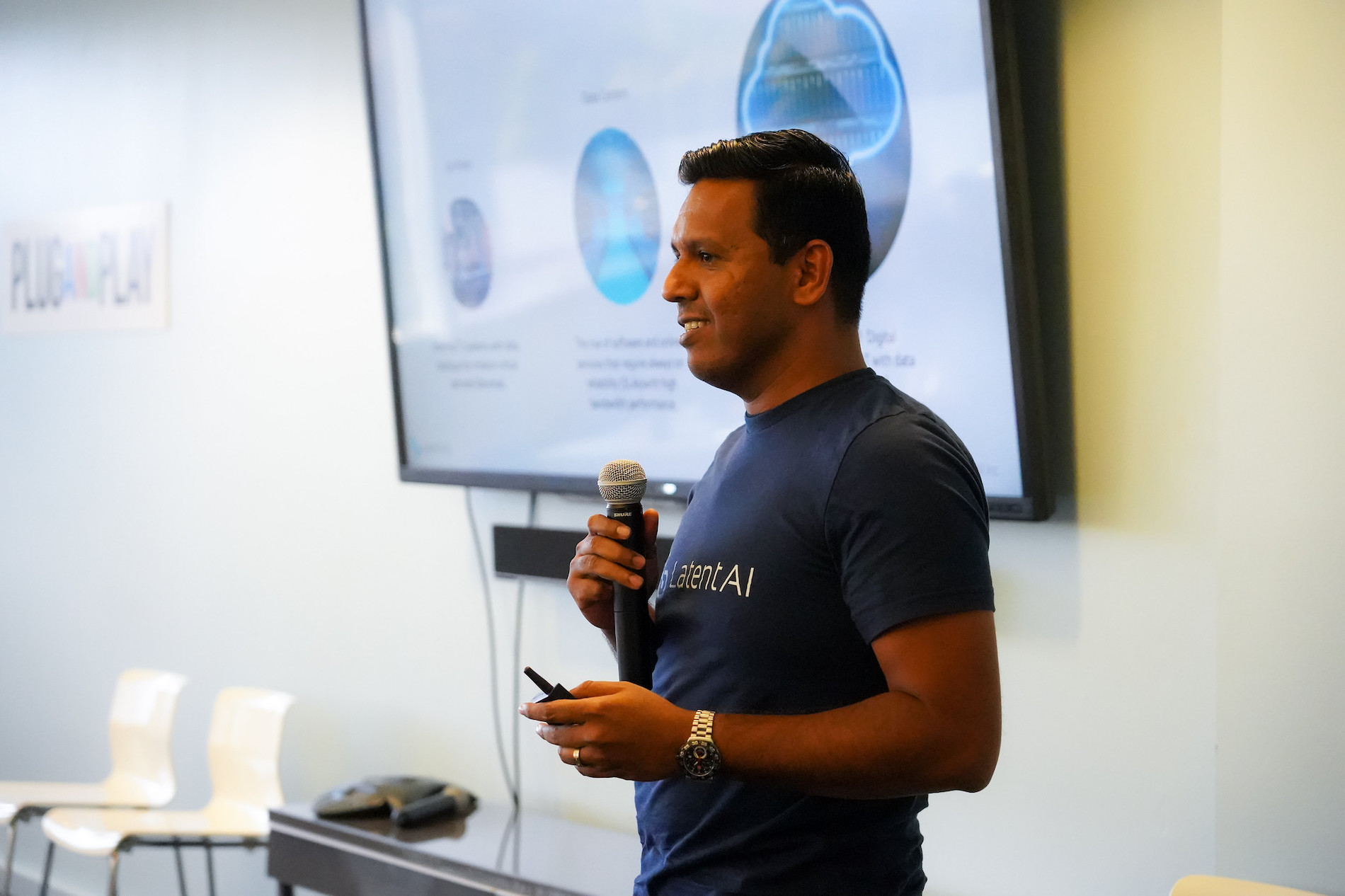
During these times, when many founders find it difficult to expand their network and cultivate meaningful relationships, relying on startup ecosystems is more important than ever. At an interactive panel, startup leaders from the Pacific Northwest discuss the value of investing in your network.
With in-person events largely on hold, the coronavirus pandemic has made it difficult or impossible to connect in the environments we’re used to, at least for the time being. But for startup founders navigating the challenges of running a company, mentorship and peer support are more valuable than ever.
Many challenges of building a startup can vary in each market, and that’s where founder-centric networks come in. According to Matias Troccoli, CEO of Gybe and Founders Network Seattle Chapter Director, the startup ecosystem in the Pacific Northwest — Seattle in particular — has gotten increasingly hot in recent years. The presence of multiple major firms, such as Microsoft and Amazon, means that tech talent is plentiful, and many alumni of big companies in the area go on to found their own companies.
“Facebook, Google, Apple all started to build campuses here, and there are great universities nearby as well. So there’s a lot of engineers, and all of that has contributed to a really good pool of resources,” says Troccoli.
“There are certain legal and accounting things you just need to do correctly; there are certain ways to communicate with investors; and there are many people out there willing to help.” - @NickEllingson23 Share on XTroccoli was joined by other founders, investors and innovators at a Founders Network panel focused on the Pacific Northwest, who sat down to discuss the state of the industry regionally and how to lean on networks to boost your startup. Register for the full panel at Founders Network, and find out if you qualify for full membership.
Although startups are plentiful in Seattle, as well as other cities like Portland, enterprise tech happens to be particularly strong. There is a “rich culture of innovation” in the area, Troccoli adds. And the venture capital environment is catching up with more early-stage funds launching recently. Fundraising is just one of many areas where having a strong network can help early-stage founders.
“There are certain legal and accounting things you just need to do correctly; there are certain ways to communicate with investors; and there are many people out there willing to help,” adds Nick Ellingson, Startup Ambassador at the Washington Technology Industry Association. “If you’re a first time founder especially there are a lot of mistakes and pitfalls you can avoid by just talking with someone who’s been there before.”
“One of the biggest challenges early startups face is defining product-market fit, and it’s in this stage that having a strong network can help you quite a bit.” - @foundersnetwork Share on XApart from the mechanics of legal, accounting and other basic competencies, a strong network of likeminded people can help founders steer through some of the most challenging periods in a typical startup journey.
For example, product-market fit is sometimes a tough nut to crack for early-stage founders. That’s the stage when you’re forced to more clearly define your product, as well as to find and connect with your target customers. Networks are especially valuable during this period because they provide connections to potential advisors, core customers and other useful contacts as you get your product out into the marketplace.
“One of the biggest challenges early startups face is defining product-market fit, and it’s in this stage that having a strong network can help you quite a bit,” adds Troccoli. “Your network can help you talk to the right people to figure features and problems your product needs to address.”
“When we level silos between us, we can benefit from collective impact and accelerate the pace of innovation.” - @nick_jackal Share on XAnother benefit to founder-focused networks is recruiting. Finding and recruiting top talent — even in metro areas with plenty of talent — is one area where early-stage founders tend to encounter difficulty.
Founders Network’s global footprint serves as a perfect complement to more local ecosystems, whereby founders can learn from one another and share resources regionally. That’s a good thing not just for individual startups, but for pushing innovation forward in a way that benefits all involved.
“When we level silos between us, we can benefit from collective impact and accelerate the pace of innovation,” adds Nick Jackal, Community Engagement Director at Cambia Grove.






